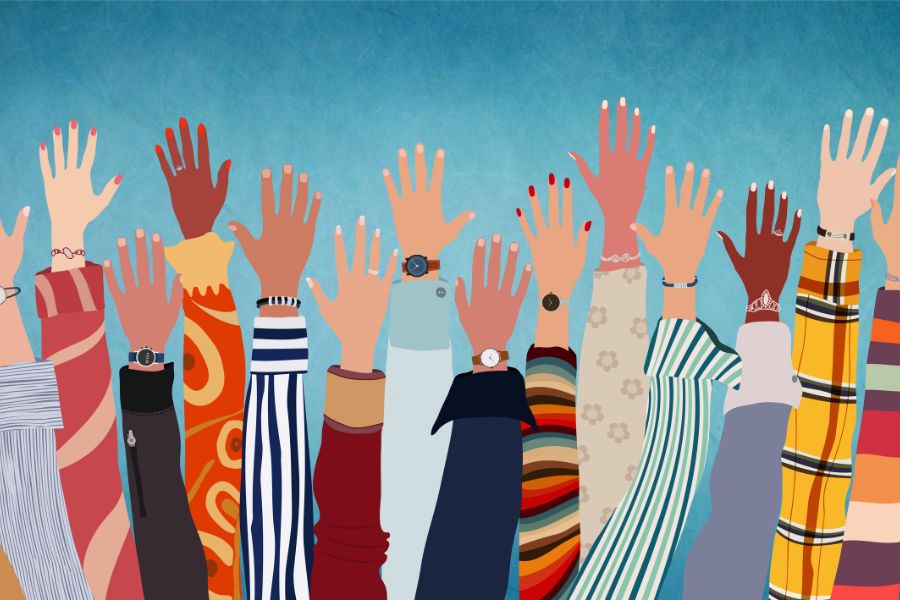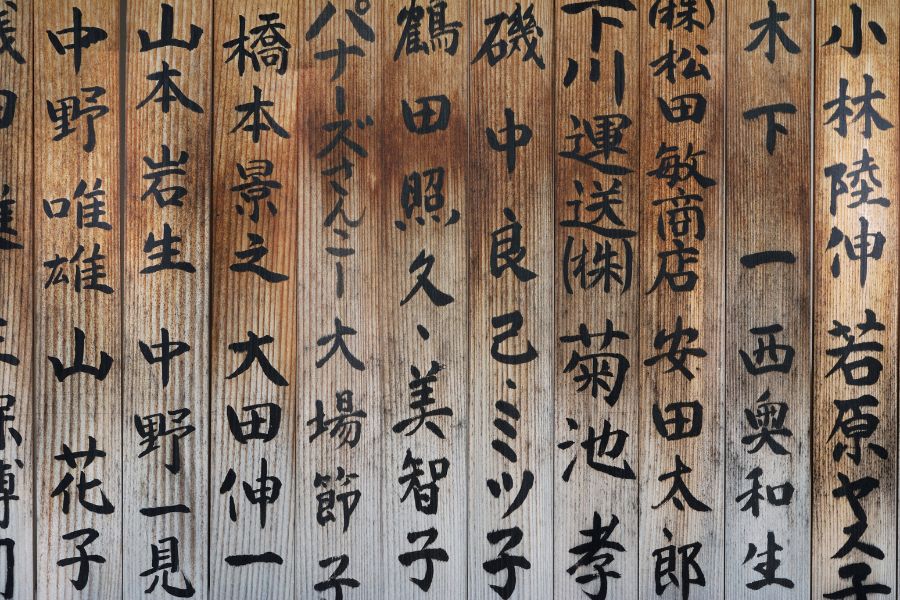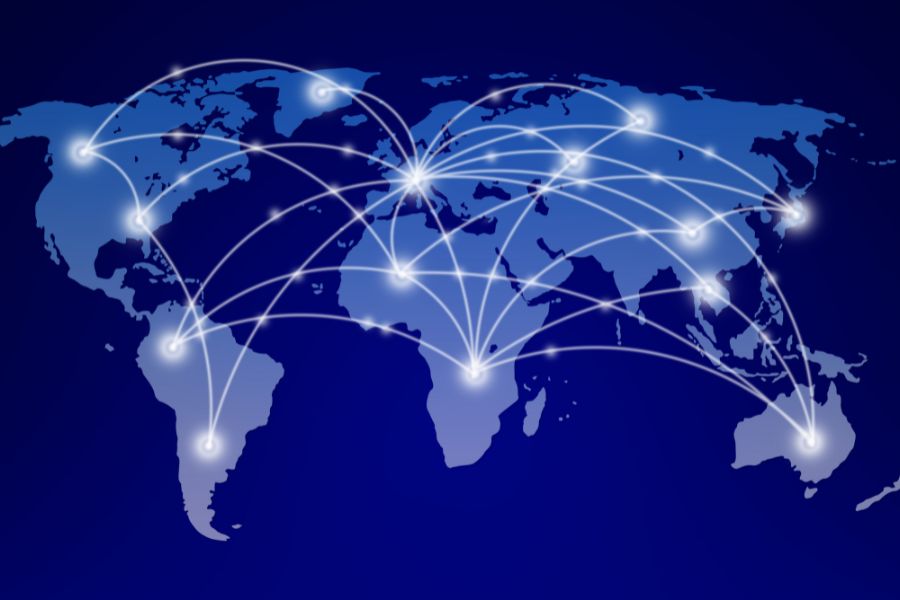Across different cultures and regions, names carry deep meanings, traditions, and even rules that have been passed down through generations.
From the way names are chosen to the significance of family connections, naming conventions vary widely across the globe, each offering a unique glimpse into the values and customs of a society.
In this article, we’ll explore how different cultures approach the naming process, the traditions that influence names, and how these naming conventions shape our identity.
The Importance of Names in Different Cultures

In many cultures, names are much more than a simple identifier.
They can carry significant meaning related to a person’s heritage, religion, family history, or even the hopes and dreams parents have for their child.
In some cultures, a person’s name can also give insights into their social status, profession, or region of origin.
Each naming system, while unique, provides a glimpse into the cultural values and beliefs that shape a community.
In others, names are selected based on important life events or meanings associated with the characteristics that parents wish for their child.
In many African cultures, children are often given names that reflect the circumstances of their birth or the family’s aspirations.
Family Names

One of the most common naming conventions in many cultures is the use of patronymics—names that reflect the name of one’s father or ancestor.
This is particularly common in countries like Iceland, Russia, and parts of the Arab world.
In Iceland, surnames are not passed down from generation to generation like in most Western countries.
Instead, they use a patronymic system where a child’s surname is derived from the first name of their father.
If a man named Jón has a son named Eirik, the son’s surname would be Jónsson (meaning “son of Jón”).
If Jón has a daughter named Ásta, her surname would be Jónsdóttir (meaning “daughter of Jón”).
Similarly, in Russia, people have three names: a first name, a patronymic (derived from their father’s name), and a family name.
A man named Ivan whose father’s name was Sergei would be Ivan Sergeevich, while his sister would be Anna Sergeevna. The ending of the patronymic changes depending on whether the person is male or female.
In the Arab world, names are also often patronymic, with a child’s name reflecting the father’s lineage. “Ibn” or “bin” means “son of,” and “bint” means “daughter of.”
An Arab name might include the names of several generations, giving a person’s full lineage.
Religious and Cultural Significance

Religion often plays a central role in naming conventions around the world.
In many cultures, names are chosen based on religious significance or the names of important religious figures.
In Christian-majority countries, many children are given names of saints or figures from the Bible, such as Mary, Joseph, or John.
In Jewish tradition, children are often named after deceased relatives as a way to honor their memory and preserve family connections.
In Muslim-majority cultures, names derived from the Quran or with meanings related to God are common.
“Muhammad” is one of the most common names in the world, as it is the name of the Prophet of Islam. Other names with meanings like “servant of God” (Abdullah) or “light” (Noor) are also common.
In Hindu cultures, names are often chosen based on astrological charts, or they may reflect the names of deities or words associated with virtues like wisdom, beauty, or strength.
Names like Lakshmi (after the goddess of wealth) or Arjun (a heroic figure from the Mahabharata) are common.
Cultural Differences in the Meaning and Use of Names

Names in different cultures may also have unique structures and meanings.
In many Asian countries, a person’s family name comes before their given name.
In China, for example, the family name always comes first, followed by the given name. This reflects the importance of the family over the individual, emphasizing the value placed on family heritage and respect for one’s ancestors.
In Japan, names are often chosen for their meaning and the kanji characters used to write them. Kanji are logographic characters, and each one has its own meaning.
A name might be chosen for its beautiful or meaningful combination of characters. The name Haruto could be written with characters meaning “sun” and “light,” symbolizing brightness or energy.
In many African cultures, names are given based on important life events or characteristics of the child.
In Kenya, a child might be named “Wanjiku” if they were born during the rainy season, or “Mwangi” if they are the firstborn in the family.
In parts of South America, particularly in Brazil, there is a tradition of combining names to create unique, personalized names. For example, a child might be named “Mariluz,” combining the names of both parents (Maria and Luis).
Modern Influences on Naming Conventions

As the world becomes more interconnected, naming conventions are beginning to blend across cultures.
With the rise of global communication, migration, and multiculturalism, names that were once specific to certain regions or cultures are now being used more broadly.
In Western countries, there’s been a recent trend toward choosing more unique or “uncommon” names.
Many parents today are opting for names that are distinctive and stand out, often drawing inspiration from various cultures.
It’s not uncommon to see names of different origins being combined or modernized to create something new.
Additionally, the rise of gender-neutral names is another shift in modern naming conventions.
Parents are increasingly choosing names like “Riley,” “Avery,” or “Charlie” that can be used for both boys and girls, reflecting a shift toward more inclusive naming practices.
Conclusion
Naming conventions across cultures offer fascinating insights into the values, beliefs, and traditions of different societies.
Whether it’s the use of patronymics, the influence of religion, or the importance of family heritage, names serve as powerful symbols of identity and connection.
While the specifics of naming conventions may differ, one thing remains universal: names hold great significance.
They tell stories, honor ancestors, and reflect the cultural context in which they are given. In a rapidly globalizing world, naming traditions continue to evolve, blending the old with the new as we find fresh ways to express our identities.
Leave a Reply